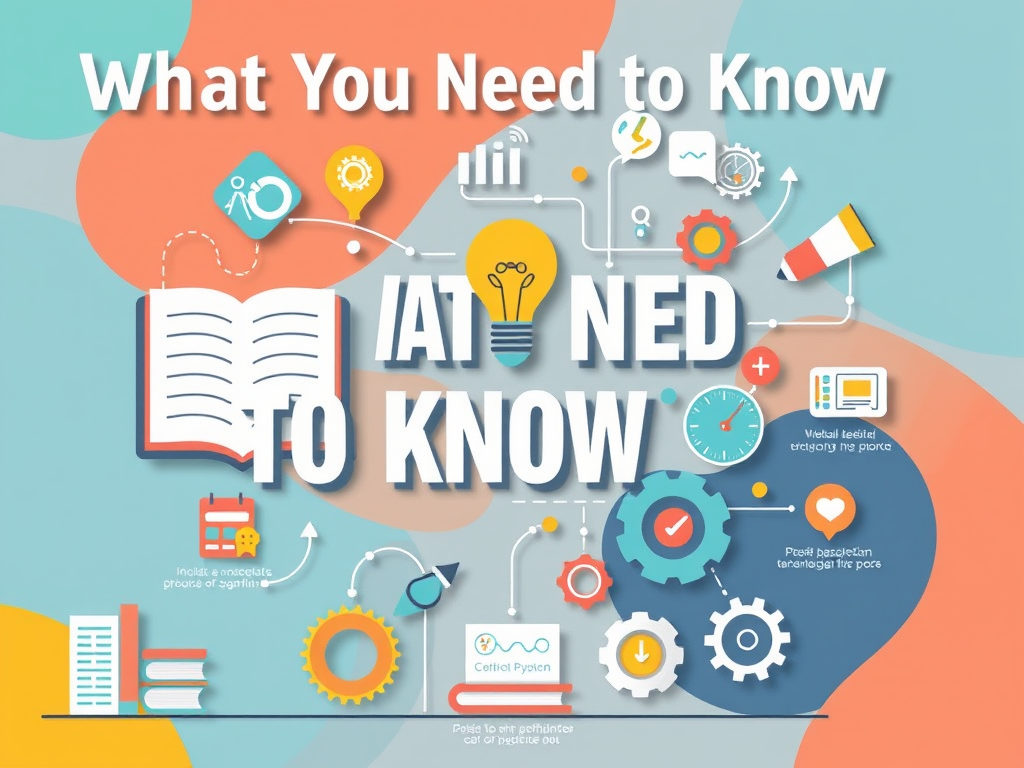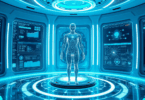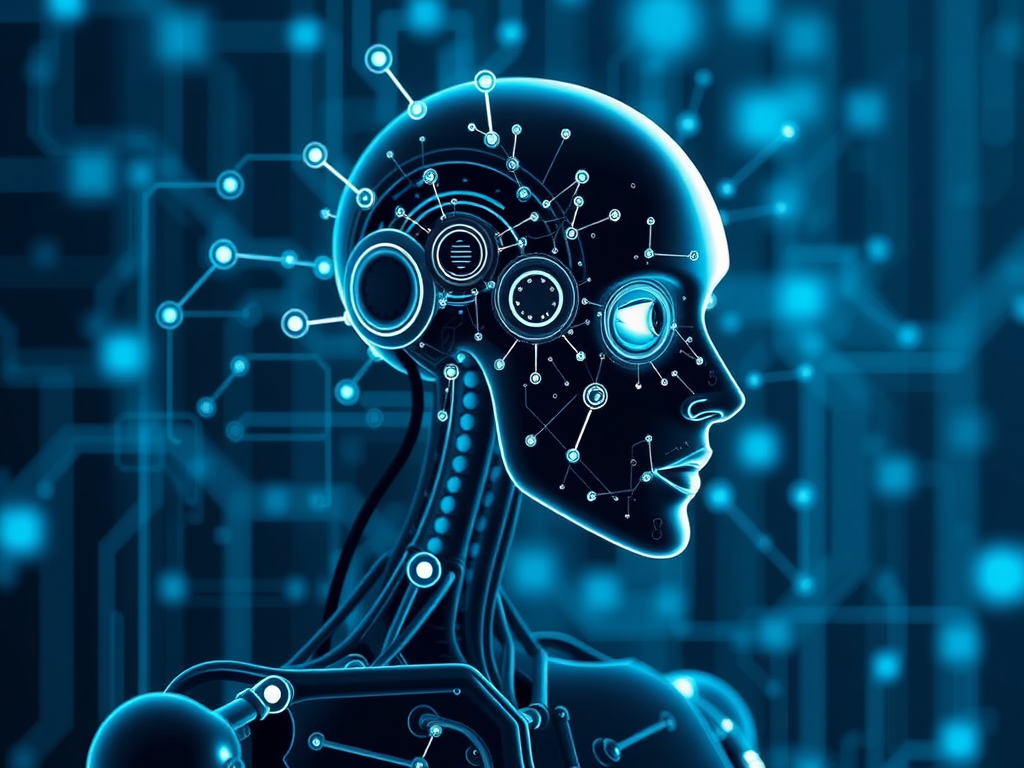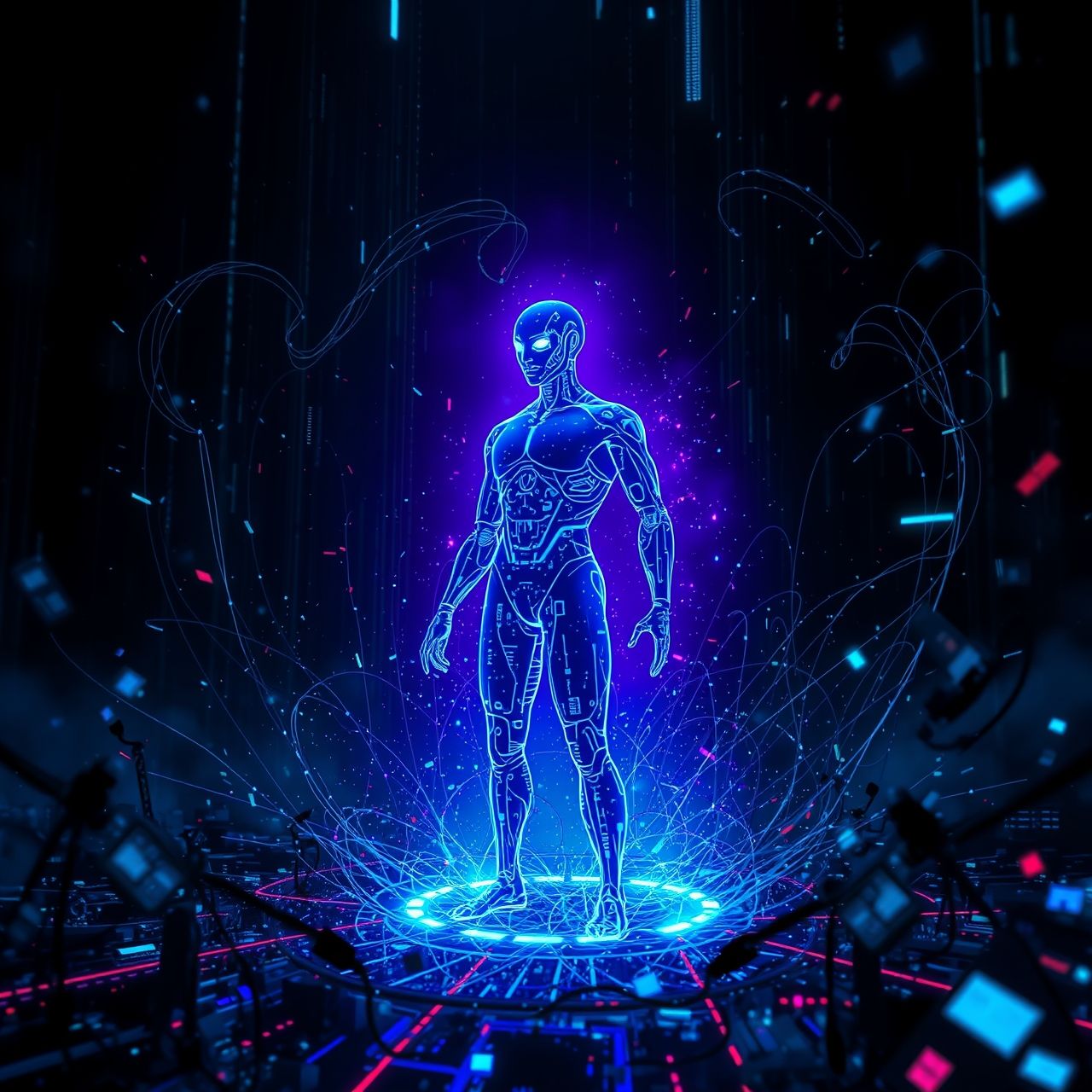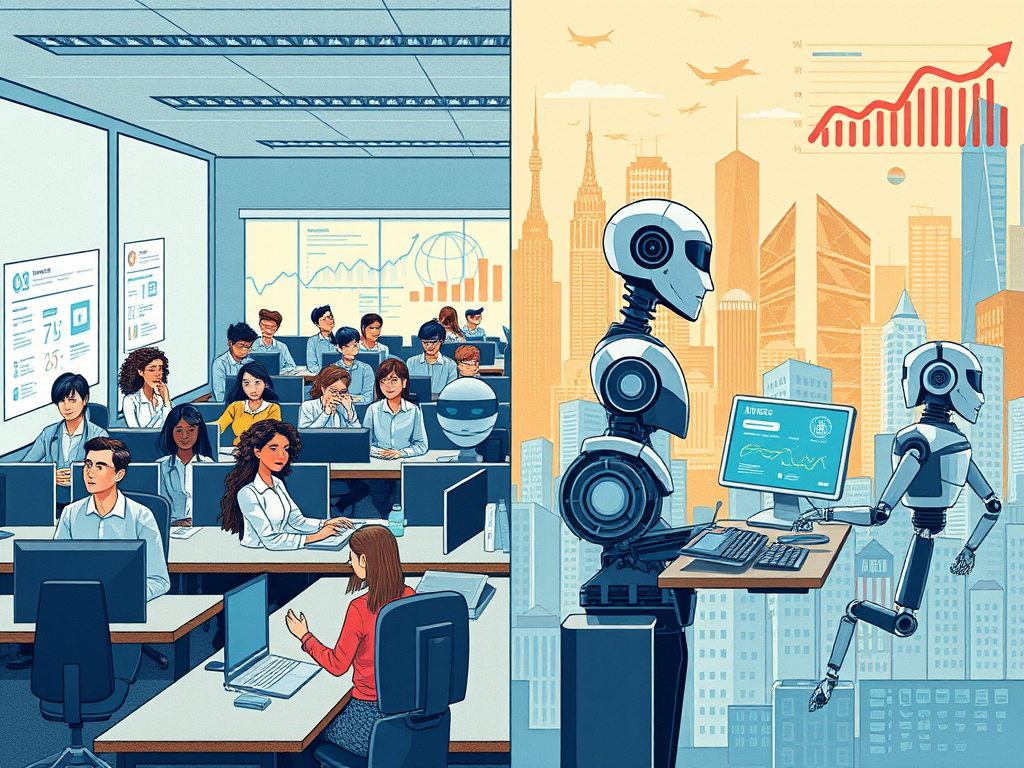Artificial Intelligence (AI) continues to evolve at an astonishing pace, reshaping industries, improving efficiency, and sparking debates about ethics and the future of work. From groundbreaking advancements in generative AI to new regulations, here’s a roundup of the most important AI news you should know.
1. OpenAI’s GPT-5: What to Expect
Rumors about GPT-5, the next iteration of OpenAI’s powerful language model, have been swirling. While OpenAI has not confirmed an official release date, insiders suggest it could arrive by late 2024 or early 2025. Expected improvements include:
-
Better reasoning and accuracy – reducing hallucinations (incorrect responses).
-
Multimodal capabilities – seamlessly integrating text, images, and voice.
-
More personalization – adapting to individual user needs.
Experts warn that with greater power comes greater responsibility, urging stricter guidelines to prevent misuse.
2. AI in Healthcare: Faster Diagnoses, Better Treatments
AI is making waves in medicine, with new tools helping doctors detect diseases earlier than ever. Recent developments include:
-
Google’s AI model for diabetic eye disease – now being tested in clinics.
-
AI-powered drug discovery – companies like DeepMind are accelerating the development of new medications.
-
Wearable AI assistants – monitoring patients in real time and alerting doctors to potential health risks.
While promising, concerns remain about data privacy and ensuring AI doesn’t replace human judgment in critical healthcare decisions.
3. The Rise of AI-Generated Video
OpenAI’s Sora and other AI video generators are pushing the boundaries of what’s possible. These tools can create realistic, high-quality videos from simple text prompts, raising both excitement and alarm:
-
Pros: Lower production costs for filmmakers, instant ad creation, and educational content.
-
Cons: Deepfake risks, misinformation, and potential job losses in video production.
Governments and tech companies are scrambling to implement safeguards, including watermarking AI-generated content.
4. AI Regulation Heats Up Worldwide
With AI’s rapid growth, lawmakers are stepping in:
-
The EU AI Act – the world’s first comprehensive AI law, banning certain high-risk uses.
-
U.S. Executive Orders – requiring AI developers to share safety test results with the government.
-
China’s AI Ethics Guidelines – focusing on transparency and accountability.
The challenge? Balancing innovation with safety without stifling progress.
5. AI and Jobs: Will Robots Replace Us?
A recent report from the World Economic Forum predicts AI will displace 85 million jobs by 2025 but create 97 million new roles. Key takeaways:
-
Jobs at risk: Repetitive tasks in customer service, data entry, and manufacturing.
-
New opportunities: AI trainers, ethics specialists, and hybrid roles combining human and AI collaboration.
The key to survival? Upskilling and adapting to an AI-augmented workplace.
Final Thoughts
AI is transforming our world at an unprecedented speed. While the benefits are immense—smarter healthcare, creative tools, and increased productivity—the risks of misuse, job displacement, and ethical dilemmas remain. Staying informed and engaged in the conversation will be crucial as we navigate this AI-driven future.


